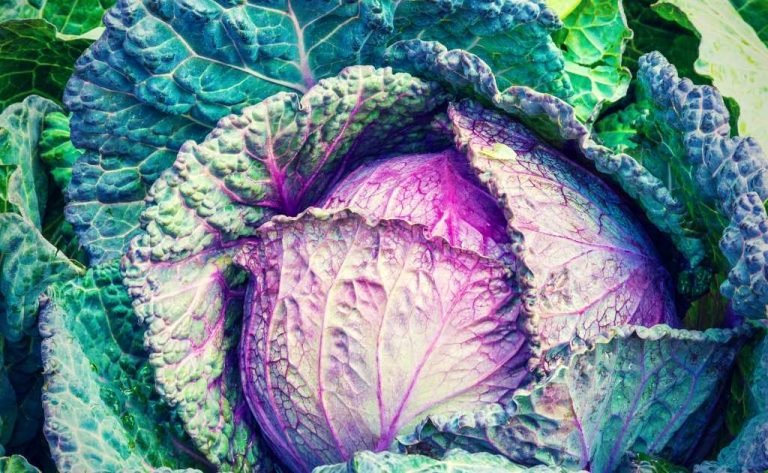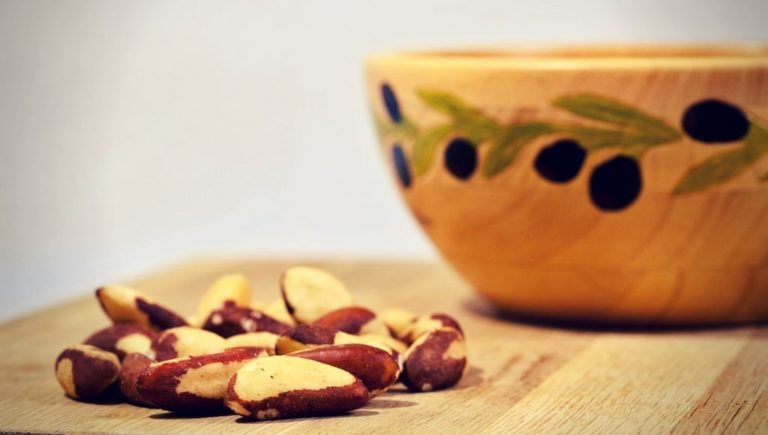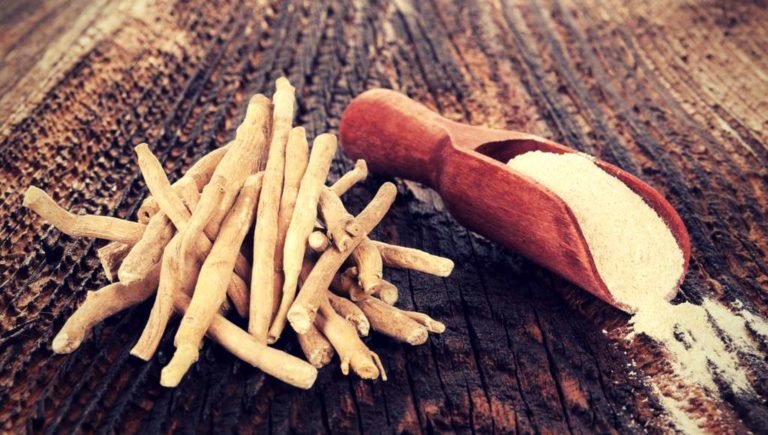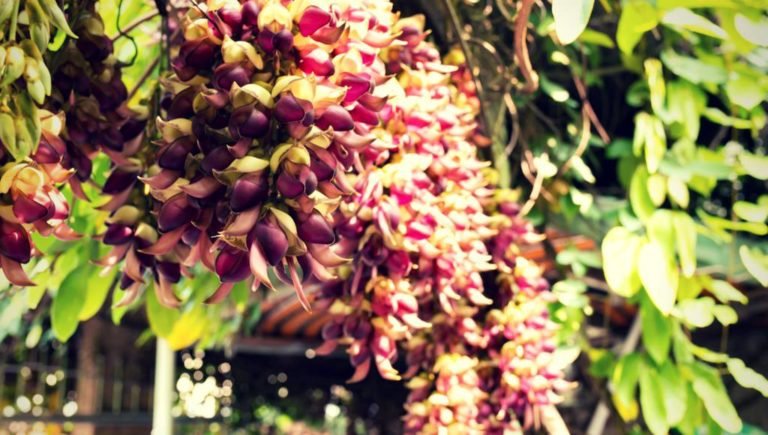
Similar Posts

10 Anti-Estrogen Foods That Helps You to Balance Estrogen Levels
ByLekshmiReese’s Filled Pretzels, Peanut Butter Pretzel Nuggets, Crunchy, Ready to Eat, Sweet and Salty Snack, 18oz Jar Squirrel Brand Sweet Brown Butter Cashews, 3.5 Ounces Resealable Bag, Gluten Free, Vegetarian Chef Boyardee Beef Ravioli, 15 oz, 4 Pack Related posts: The 10 Best Smartwatches for Men in 2026 – Features, Reviews, and More 10 Best…

How to Increase Androgen Receptors in Your Body?
Androgen receptors are a type of nuclear receptor that is activated by binding any of the androgenic hormones such as testosterone and dihydrotestosterone (DHT) in living cells of your body. The key function of an androgen receptor is as a DNA-binding feature that regulates gene expression. In other words, it determines the body’s sensitivity to…

Does lifting weights boost your Testosterone levels?
Exercise helps to boost your testosterone levels. Testosterone helps to keep your muscle mass and limit the fat gain. As you age your testosterone levels will decline, it starts to decline at the age of 30. Without weight training and low testosterone levels will contribute to muscle loss. Weight lifting is the best form…

The Benefits of Magnesium on Your Testosterone Levels
When it comes to overall health, magnesium is one of the minerals that are indispensable for the human body. Fortunately, it is the fourth most common mineral in the human body after calcium, potassium, and sodium, and it controls quite a lot of bodily functions, along with hundreds of enzyme functions. It also supports fluid…

The Benefits and Effects of Ashwagandha on your Testosterone Levels
Withania Somnifera, commonly known as Ashwagandha, is a herb of Indian origin which is popular for its therapeutic qualities for men’s health. The Sanskrit word ‘Ashwagandha’ literally means ‘The Scent of Horse.’ This could have probably been derived due to its acclaimed ability to make men ‘manlier’. By ‘manlier,’ it means ashwagandha is indeed capable…

Top 10 Best Mucuna Pruriens Supplements in 2019
Are you suffering from depression or lack of energy? Do you feel pessimistic or drowsy and find it difficult to carry out daring tasks? Or are you having trouble finding pleasure or sexual stimulation? All you need is a proper supplementation of Mucuna Pruriens. Wait a minute, what is this Mucuna Pruriens? Well, Mucuna Pruriens,…
